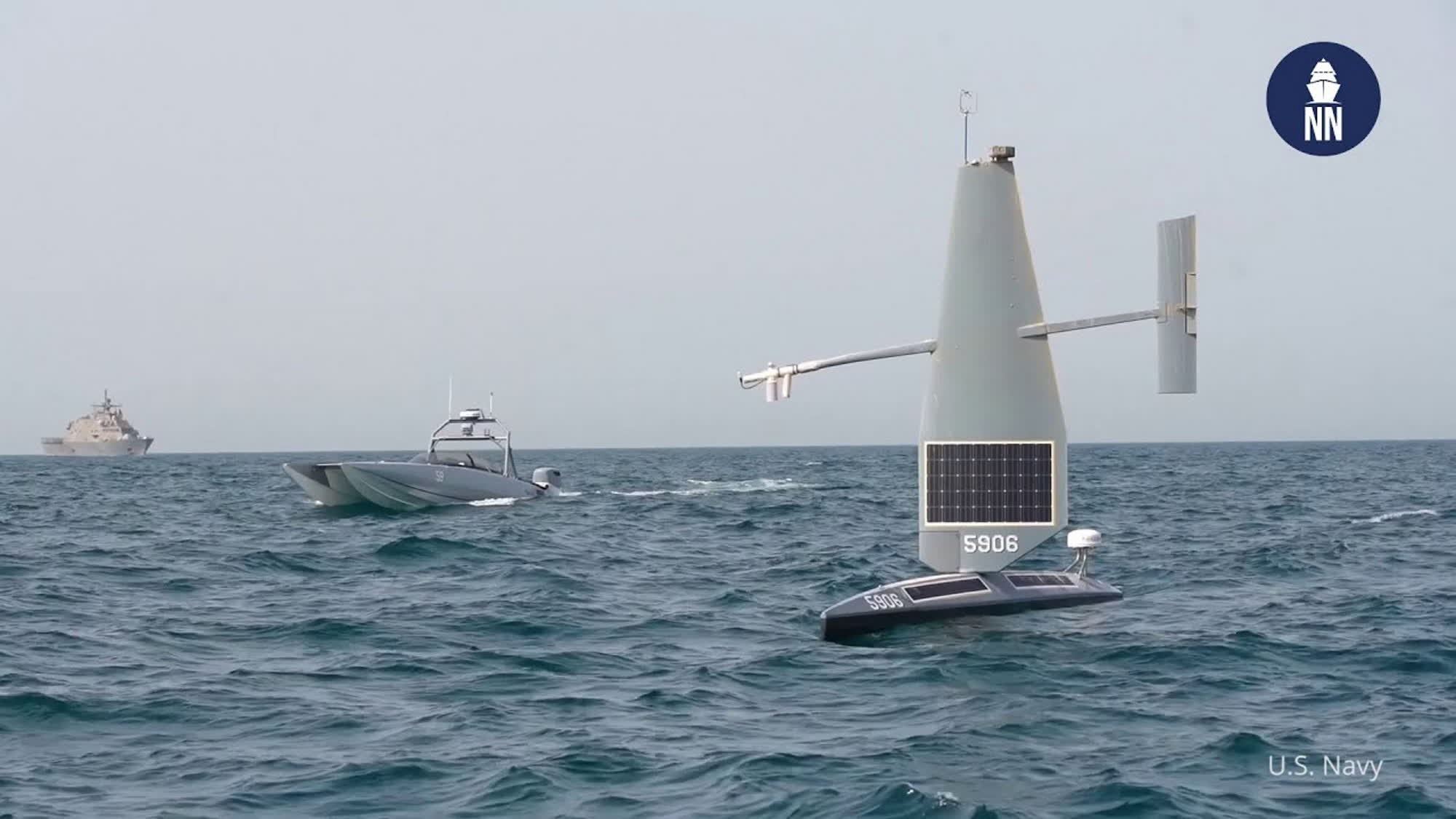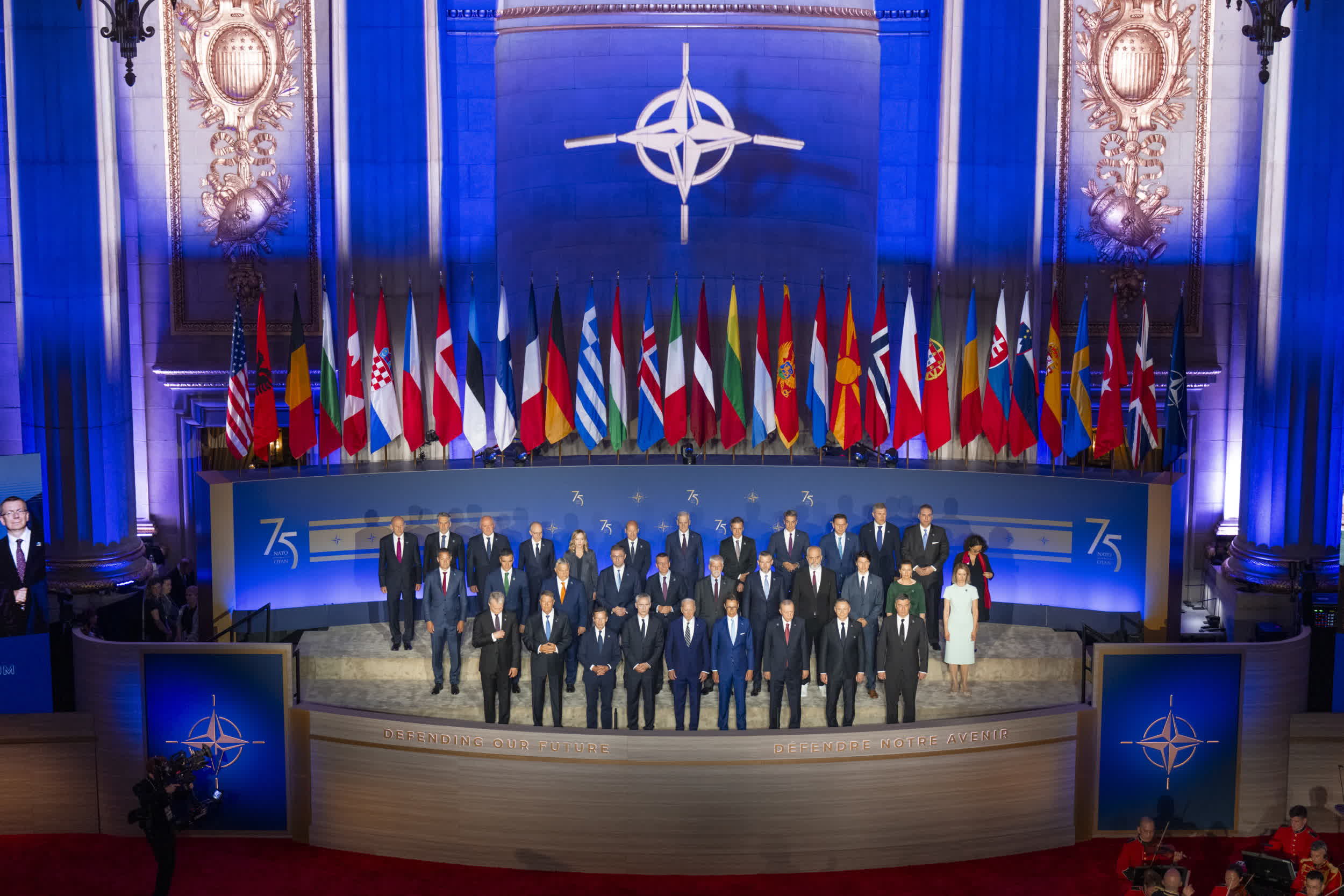Digital Warfare: Undersea cables are increasingly being targeted by adversarial entities, and NATO is now taking action to address the issue. The Alliance is developing an Unmanned Surface Vehicle aimed at deterring future sabotage attempts. Experimental testing is set to begin even before political discussions among member nations are finalized.

The North Atlantic Treaty Organization is planning to deploy a fleet of unmanned surface vehicles (USVs) designed to patrol critical naval zones. These drones will initially provide NATO with enhanced monitoring capabilities on the sea surface, with plans to expand their functionality to underwater surveillance in the future.
According to Admiral Pierre Vandier, NATO's commander for concepts and transformation, the USV fleet will function much like a network of CCTV cameras mounted on streetlights to monitor high-crime urban areas. Vandier's team is in the early stages of developing the initiative, but NATO's central command of maritime forces (MARCOM) has reportedly expressed strong support for the plan.
The USV fleet will be specifically designed to protect undersea telecom infrastructure located on the seabed in regions like the Baltic and Mediterranean seas. These areas were recently targeted by unknown saboteurs, who physically severed two undersea cables. NATO officials have blamed Russia for the attack, citing previous warnings that Vladimir Putin's regime had plans to disrupt Western communications by targeting undersea fiber optic cables.

Admiral Vandier stated that the technology needed for NATO's USV fleet is already available. He highlighted Task Force 59, the US Navy's first dedicated unit for unmanned systems and artificial intelligence, as the primary model for building the new fleet. Established in 2021, Task Force 59 operates in the Middle East, functioning as a powerful surveillance network that assists crewed ships. Its drones capture sensor data, while AI algorithms analyze surface activity to provide real-time insights.
Task Force 59's drone fleet has operated safely and effectively in the Gulf for years, he said, demonstrating the viability of unmanned technology in real-world conditions. "Everything is known and sold, so it is much more a matter of adoption than technology."
Vandier's team aims to launch the NATO surveillance fleet ahead of the next NATO Summit, scheduled for June in the Netherlands. His immediate priority is to hold "experimental" discussions about the project and then collaborate with NATO allies and member states to fully develop and implement the plan.
NATO wants its own fleet of unmanned drones for naval surveillance